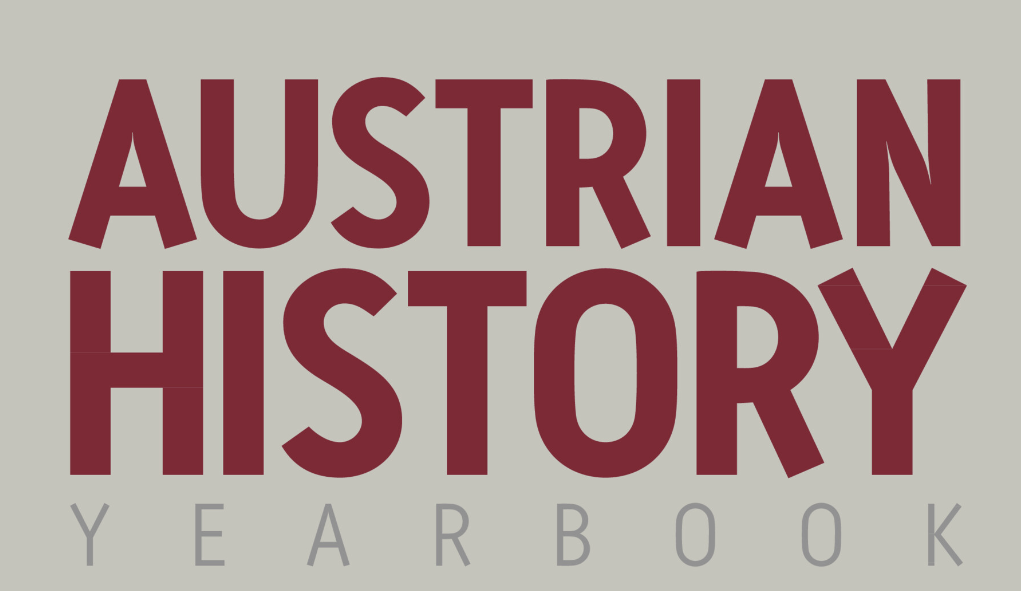Tomasz Hen-Konarski’s newest article offers an alternative focus for the study of the Ruthenian nation-building in early Austrian Galicia. Portraying elite Greek Catholic churchmen who made political claims about a self-standing Ruthenian nation already in the first decade of the nineteenth century, it argues that their political innovations were enabled by the ambitious state-building projects implemented in the second half of the eighteenth century by the Habsburg government, most importantly new seminaries that cultivated an ethos of state service among Catholic clergymen. By locating the Galician Ruthenian case in a regional comparative perspective, the article outlines the broader significance of this interpretation, interrogating some received wisdoms about the so-called non-historical nationalisms of Central and Eastern Europe.


